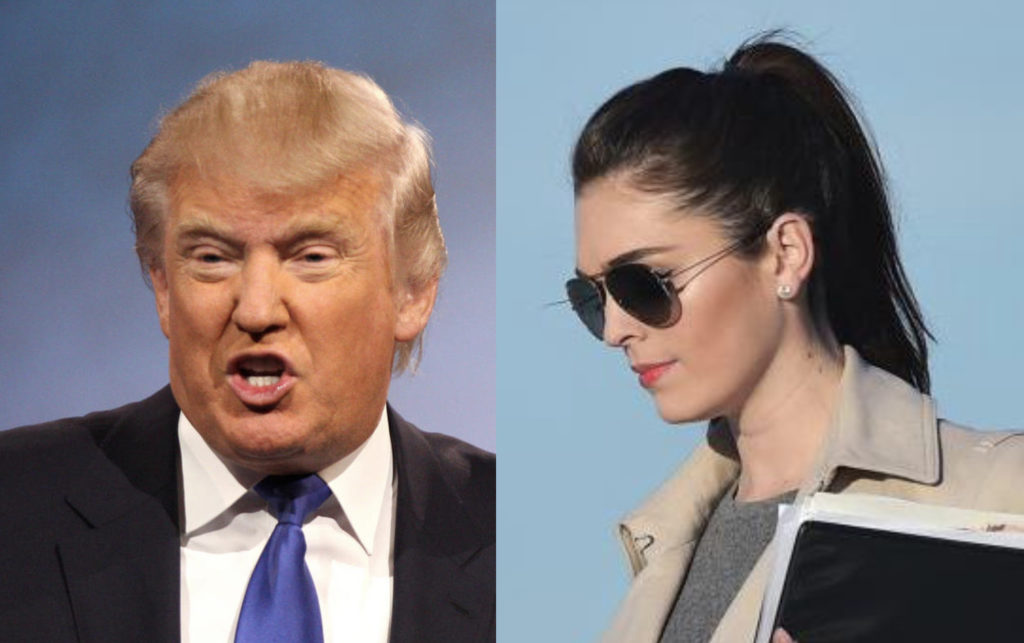The thing everyone is missing about Hope Hicks’ testimony against Donald Trump

Hope Hicks has spent the afternoon testifying for the prosecution in Donald Trump’s criminal trial. So far her testimony hasn’t consisted of any bombshells, and has instead helped to connect the dots between Trump, Michael Cohen, David Pecker, and others. It’s important testimony, but not dramatic.
Here’s the thing everyone is overlooking, though: Hope Hicks isn’t on the stand because she wants to be. She clearly doesn’t want to be there. But she didn’t “flip” on Trump. She didn’t cut a deal. She’s on the stand because that’s just how the law works.
When you witness a crime but you don’t participate in it, the law says you’re required to testify about that crime. There are specific exceptions such as attorney-client privilege and spousal privilege. But aside from that, you automatically have to testify against others.
In other words, the Fifth Amendment doesn’t apply here, because it only protects you from testifying against yourself, and Hope Hicks is not suspected of committing a crime herself. So there was never any question as to whether she was going to end up testifying against Trump. Her only options were to testify, or to get hauled off to jail for contempt or obstruction.
This also applies to every other potential witness in this and every upcoming Trump criminal trial. Trump’s alleged co-conspirators can’t be forced to testify about the crimes that they committed with Trump (because they’d be incriminating themselves in the process), and so prosecutors would need to give them a deal in order to get their testimony. But the people in Trump’s world who simply witnessed his crimes? All of them will end up testifying at his trials, because they legally don’t have any choice.
